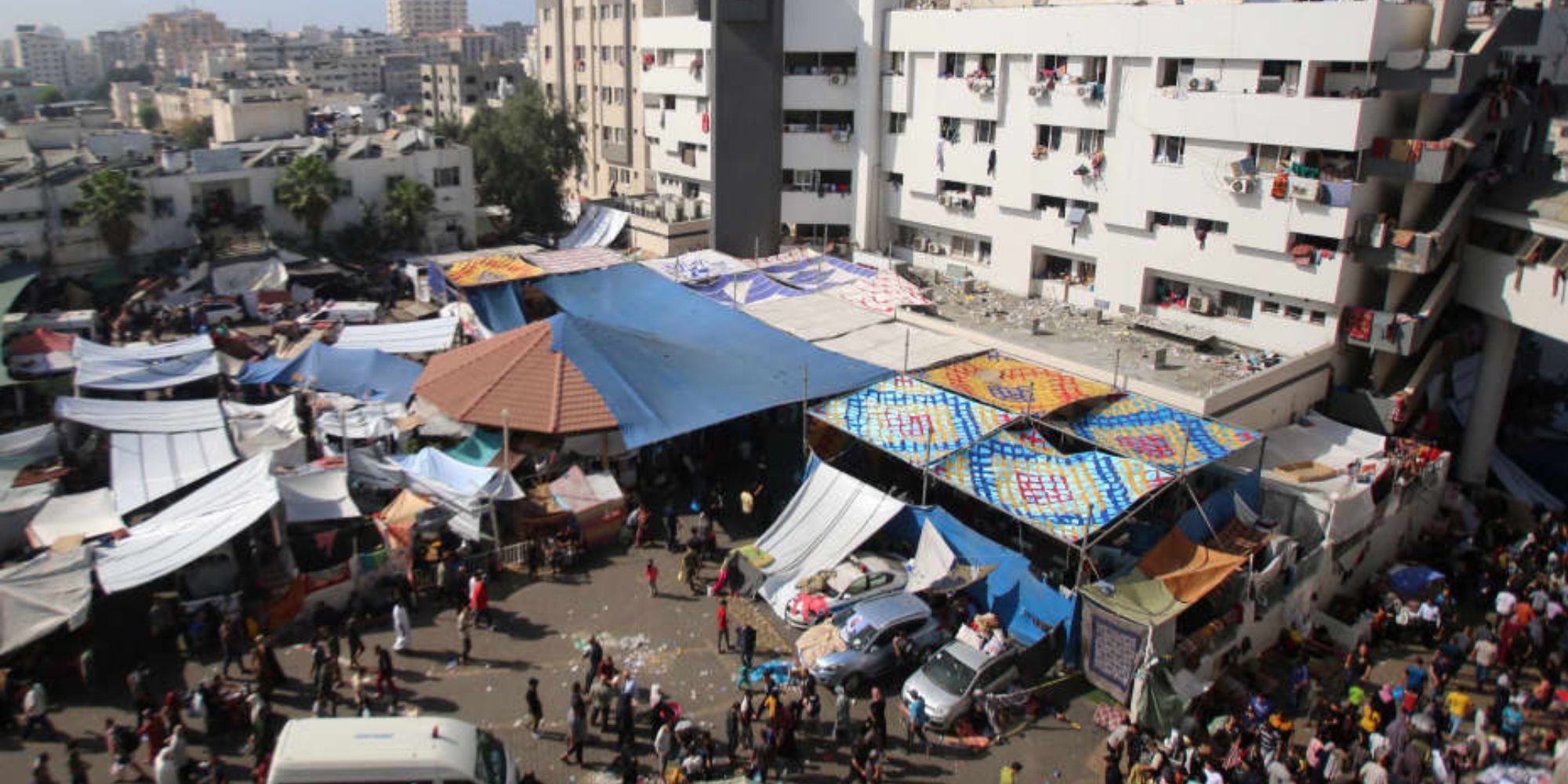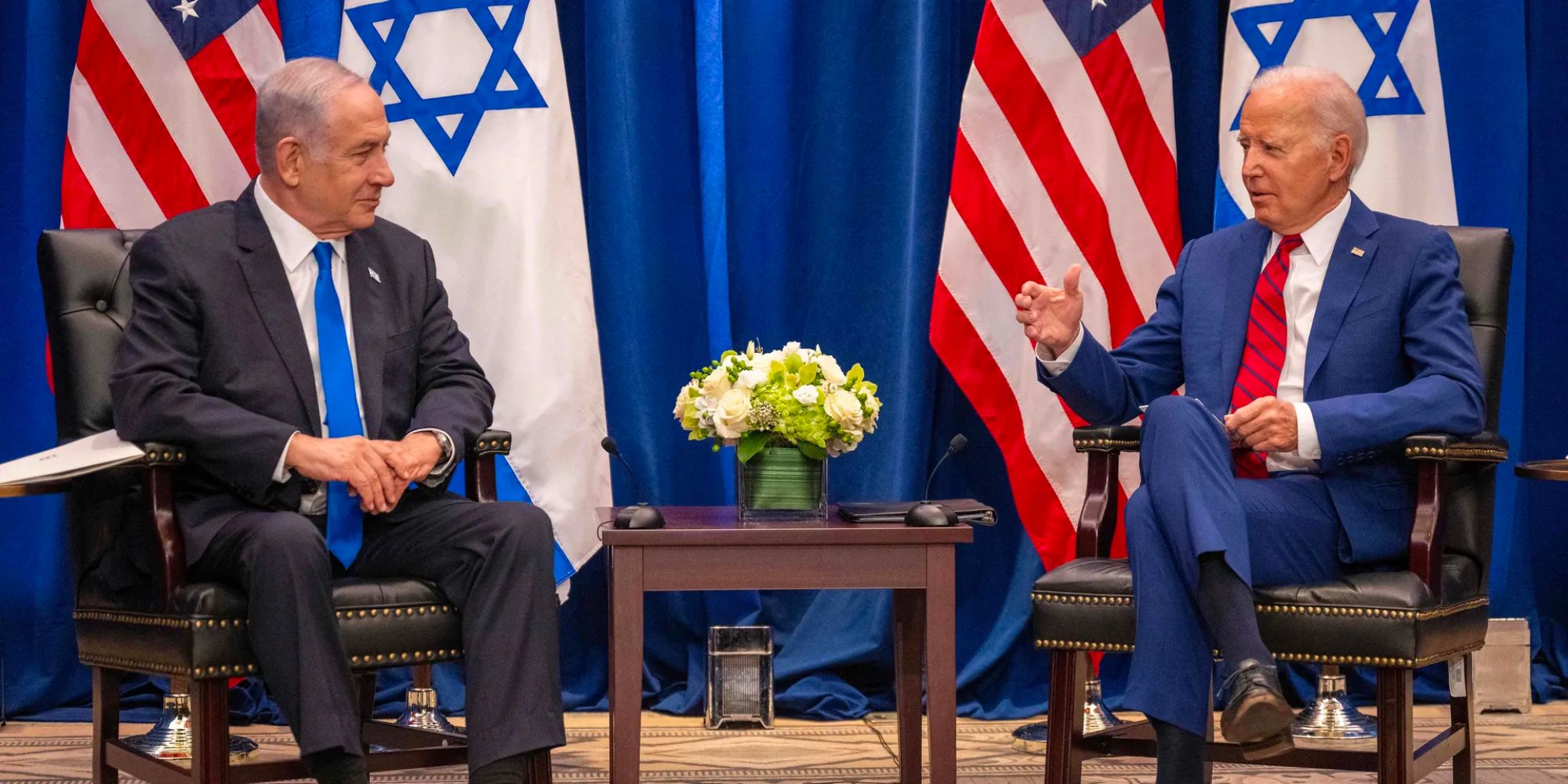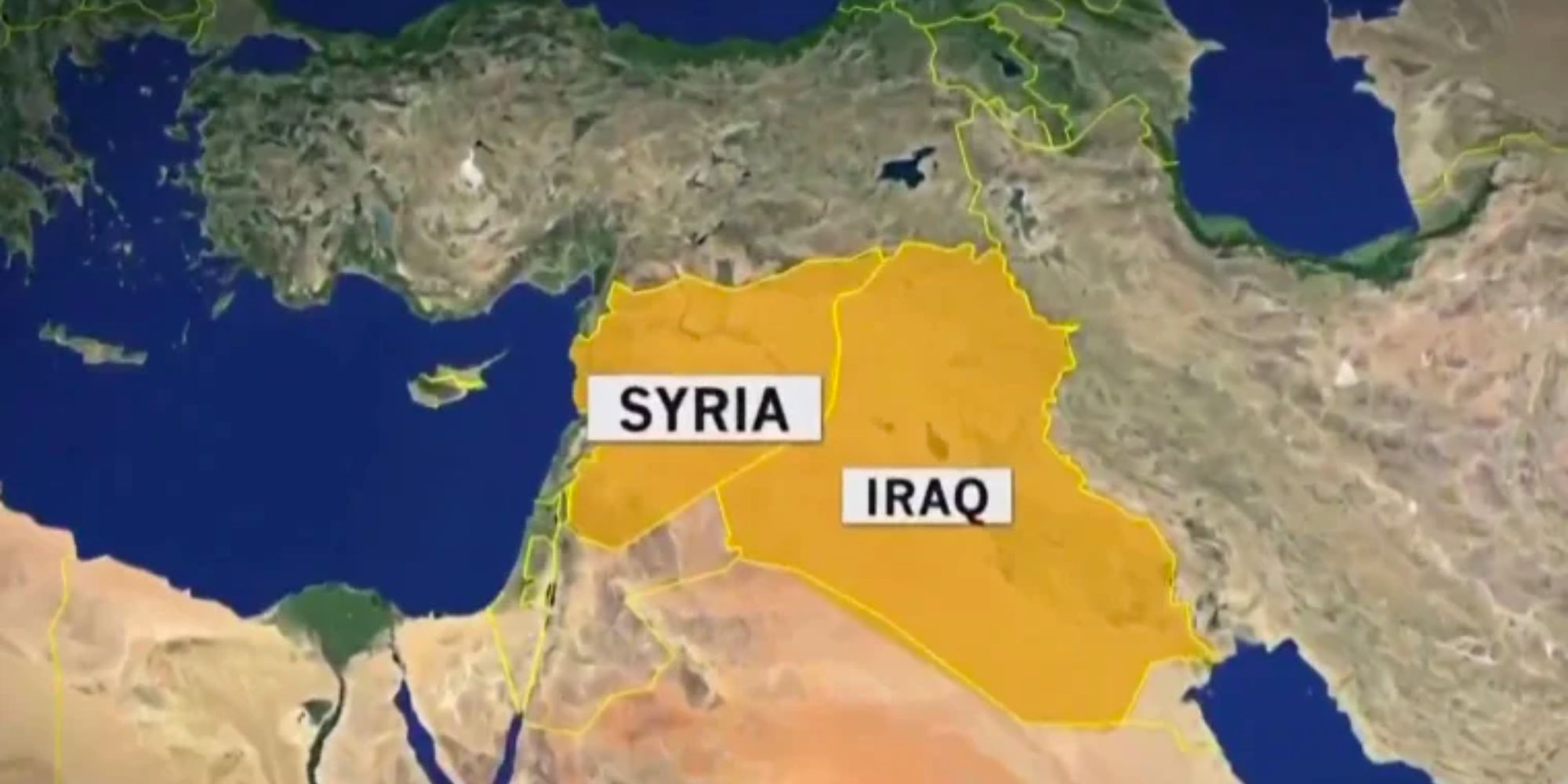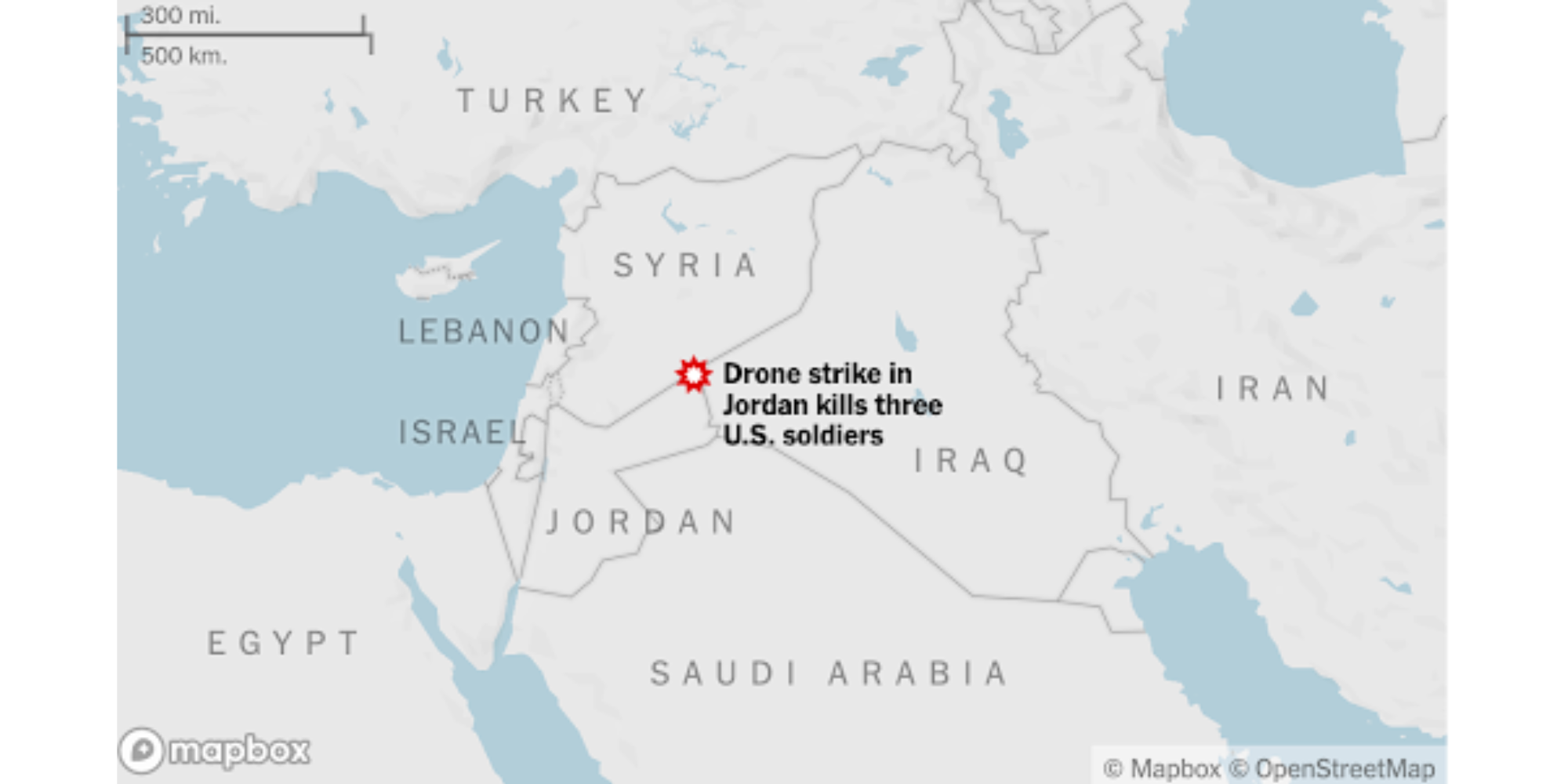current as of 10AM EST, 13NOV23
CRISIS ONGOING
The Israeli military surrounded multiple hospitals in Gaza City amid concerns Hamas is using civilian structures as cover. Limited evacuations of foreign nationals resumed at the Rafah crossing but humanitarian operations are severely limited due to depleted supplies of fuel and essential goods. Israeli officials continued to reject calls for a cease-fire as officials in the U.S. expressed opposition to any prolonged occupation of Gaza. Global demonstrations continued and there is an increasing risk of associated violence due to the presence of far-right elements and political rhetoric.
- Humanitarian Crisis: Humanitarian operations in Gaza will be severely limited unless fuel is immediately allowed into the territory, according to a United Nations official. Two water distribution providers ceased operations due to a lack of fuel, potentially leaving as many 200,000 people without access to potable water. Israeli officials implemented a four-hour daily pause to allow humanitarian aid into certain areas. Several hundred foreign nationals evacuated through the Rafah crossing Sunday following a temporary closure.
- U.S. Support: U.S. government officials expressed opposition to any post-conflict Israeli occupation of Gaza. U.S. Secretary of State Blinken stated “Palestinian people must be central to governance in Gaza” and reiterated U.S. opposition to the forced displacement of its citizens, however, Prime Minister Netanyahu indicated Israel will remain in the territory for an “indefinite period.” Israeli officials continued to reject international calls for a cease-fire and stated they will continue military operations until all hostages are released.
- Military Operations: Israel’s ground operation in the northern Gaza Strip continued. Israel Defense Forces (IDF) surrounded the al-Shifa and al-Quds hospitals in Gaza City and Israeli authorities indicated Hamas is using the hospitals and other civilian structures as cover. Based on open source reporting, Al-Shifa is incapable of providing medical care and is cut off from electricity, water, and medicine. Officials at Al-Quds are reportedly unable to evacuate patients due to ongoing fighting and concerns Hamas militants are blending in with civilians to escape.
- Regional Relations: U.S. forces struck a weapons depot used by Iran’s Revolutionary Guard Corps and affiliated groups. U.S. officials claimed the strikes were in self-defense following at least 40 attacks on U.S. forces in the last three weeks by Iranian-backed militias that injured more than 45 U.S. service members. Iran denied its involvement in the attacks, however, attacks on U.S. interests will continue to provoke retaliatory measures and risks sparking a tit-for-tat escalation and further drawing in state-backed regional forces to engage in the conflict.
- Protests: Hundreds of thousands of protesters gathered in various cities throughout the world to call for a cease-fire in Gaza. There is an increasing risk of violence as protests continue due to the presence of counter-protests, far-right elements in the crowds, and political rhetoric from local officials. At least 300,000 protesters marched in London over the weekend, according to open source reporting. Approximately 150 far-right protesters were arrested due to “extreme violence” toward police while attempting to reach the main protest march. A similar number of pro-Palestinian protesters were arrested for firing fireworks, however, the march was primarily peaceful. A large contingent of police kept pro-Israeli and pro-Palestinian protesters separated in Miami Beach. No major incidents were reported.
CYBER IMPLICATIONS
Cyber attacks are continuing as state-sponsored hackers and those sympathetic to Hamas are working to make the conflict the next front of cyberwarfare, including targeting private industry and influence operations.
- The pro-Hamas hacktivist group Karma deployed data-wiping malware targeting Israeli defense contractors and numerous private companies, which can delay defense coordination and cause disruption or damage to the nation’s economy. Variants of the so-called “BiBi” malware target Windows and Linux operating systems.
- Various groups continued to target Israel and pro-Israel countries. The “GHOSTS of Palestine” Telegram channel claimed to release IP information related to Israel’s Iron Dome system, which may encourage supporters to target the system with DDoS attacks. The channel also encouraged cyber attacks on various Israeli government, banking, communications, and private entities. The IRox Team claimed it hacked several websites in Brazil, France, India, and Italy due to their support for Israel.
RECOMMENDATIONS
We continue to urge anyone with business interests in Israel and the surrounding regions to exercise extreme caution while events remain fluid, and to consider postponing any upcoming travel. We also urge travelers worldwide to avoid all demonstrations and maintain awareness of their surroundings, particularly in areas with protest activity.
- Protests continue throughout the globe as the U.S. State Department (DoS) is urging citizens to remain vigilant and curb travel to several locations, including Lebanon and Iraq. DoS updated a worldwide travel advisory on November 6, noting U.S. citizens should remain alert in locations frequented by tourists due to “increased tensions in various locations around the world, the potential for terrorist attacks, demonstrations or violent actions against U.S. citizens and interests.”
- DoS raised its travel advisory for Lebanon to the most severe level, and are advising all U.S. citizens to leave the country while commercial flights are available. DoS officials also announced the ordered departure of nonessential American government employees and family members from Iraq, as U.S. officials reportedly fear Iraqi militias supported by Iran will attack the 2,500 U.S. troops stationed in the country and other American institutions.
- Travelers are most vulnerable in crowded areas, such as outdoor markets, tourist destinations, government buildings, and underground stations.
- In the event of a terrorist attack or no-notice event, we advise travelers to listen to emergency officials for instructions and report anything out of the ordinary.
- We continue to recommend delaying travel in and around Israel, Egypt, Lebanon, Saudi Arabia, Qatar, and other portions of the Gulf as nearby countries almost certainly will be drawn further into the unfolding conflict. Travel in and out of the region almost certainly will be significantly delayed or disrupted.
- Many international airlines, including U.S. carriers, have suspended travel to and from Israel. Cruise and yacht operators also announced they would adjust itineraries in the region and would not be making calls to ports near Israel.
- We urge all travelers to remain vigilant as they might be targeted by individuals with perceived grievances regarding the current situation. Anti-American, anti-Arab, anti-Jewish, and anti-Muslim sentiment is rising due to the ongoing crisis.
- The FBI and Department of Homeland Security issued a warning of potential domestic lone actors attacks due to an increase in threats reported against Muslim, Jewish, and Arab communities.
- We encourage all businesses–particularly tech companies, those with oil interests, and others in other energy related sectors–to keep a watchful eye on the unfolding crisis. Oil prices could surge to above $100 a barrel if the Israel-Hamas crisis widens.
We recommend companies based in Israel to continue taking steps to protect their businesses and employees. Corporations should consider evacuating staff from offices inside Israel or ask employees to work from home.
CONCENTRIC CAN HELP
f you or your business needs help in or around Israel, please reach out to Concentric’s experts for support. Concentric can provide:
- Emergency evacuation and secure transportation.
- Support from local and regional partners.
- Active monitoring and intelligence support, including tailored reports and briefings.
- Travel and risk assessments.
- Tailored security consulting.
- Executive protection agents.
- Cybersecurity and digital privacy protection.
If anyone is interested in a briefing with Concentric’s Chief Executive Officer Mike LeFever or a member of Concentric’s team on any of these topics, please do not hesitate to contact us.
Feature image source.






